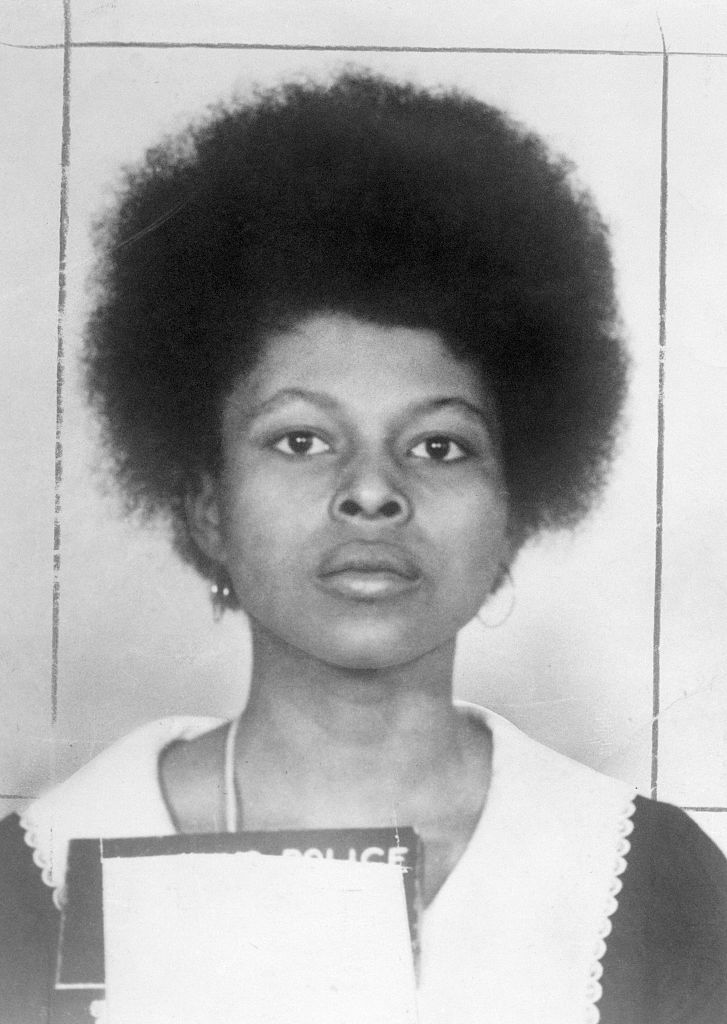Assata Shakur, Freedom Icon, Dead At 78
Assata Shakur, Freedom Fighter And Icon Of Resistance, Passes Away At 78

MadameNoire can confirm that Assata Shakur, the revolutionary whose name has become a rallying cry for freedom fighters across generations, has passed away at 78.
Born JoAnne Deborah Byron (later, Joanne Chesimard) on July 16, 1947, in Queens, N.Y., the godmother and step-aunt of Tupac Shakur transformed herself into one of the most influential figures of the Black Liberation Movement. She was a member of the Black Panther Party before joining the Black Liberation Army, where she fought fiercely against white supremacy, capitalism, and state violence.
NewsOne reports that her activism came with a heavy price. On May 2, 1973, along the New Jersey Turnpike, Shakur was traveling with fellow organizers Zayd Shakur and Sundiata Acoli when their car was stopped by two state troopers. Accounts of the stop differed: some said the car had a broken taillight, others that it had been speeding, and supporters long maintained the stop amounted to racial profiling.
What followed was a burst of gunfire that left Trooper Werner Foerster and Zayd Shakur dead, Mr. Acoli fleeing into the woods, and Ms. Shakur critically wounded by two bullets. NewsOne adds that medical testimony later indicated that one wound had severed her median nerve, leaving her right arm paralyzed, and another had pierced her clavicle. Experts would argue that the extent of her injuries made it impossible for her to have fired a gun. No fingerprints or gunpowder residue connected her to the weapons at the scene.
RELATED CONTENT: Vivian Ayers Allen, Pulitzer-Nominated Poet And Mother Of Debbie Allen & Phylicia Rashad, Dies At 102

Despite this, Shakur was convicted in 1977 of Trooper Foerster’s murder and sentenced to life in prison plus additional terms.
Civil rights advocates and her supporters decried her conviction as a miscarriage of justice, while prosecutors and police unions insisted it represented long-delayed accountability.
In November 1979, she escaped from the Clinton Correctional Facility for Women in New Jersey, aided by a team of armed activists led by Sekou Odinga. She remained underground for several years before resurfacing in Cuba, where she was granted political asylum in 1984. She lived in Havana in relative obscurity but remained a symbolic figure to many in the United States.
In 2013, the Federal Bureau of Investigation placed Ms. Shakur on its list of most wanted terrorists, the first woman ever to receive that designation, and offered a $2 million reward for her capture. Cuban officials repeatedly refused American efforts to extradite her.

But despite the government’s efforts to silence her, Assata Shakur’s words and work lived on. Her 1988 autobiography Assata became a blueprint for resistance and self-determination, widely studied by activists, scholars, and young people searching for a voice in the struggle. Her life inspired movements like Assata’s Daughters in Chicago, and her name was shouted in protests in Ferguson and across the world. Assata was a human rights activist and freedom fighter who stood in solidarity with oppressed people worldwide — and for that, her legacy will endure.
She is survived by her daughter, Kakuya Shakur, who released a statement confirming her mother’s transition.
Rest in power, Assata Shakur.
RELATED CONTENT: Tragedy Strikes Again: Zahrie Walls, Linked To Kenneka Jenkins Case, Dies After Boat Incident







